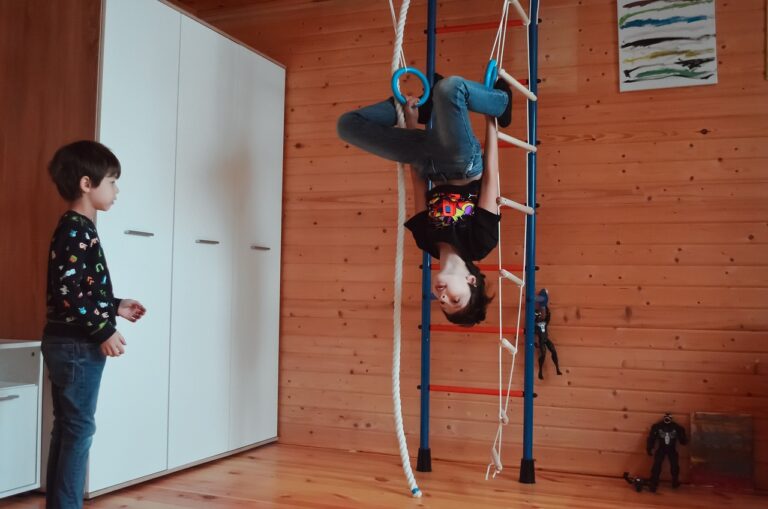The Benefits of Equine-Assisted Therapy for Emotional Regulation and Connection
Equine-assisted therapy has shown promising results in helping individuals regulate their emotions more effectively. Interacting with horses in therapy sessions provides a unique opportunity for participants to connect with their own feelings and responses, leading to increased self-awareness. Horses, as highly attuned and non-judgmental animals, can mirror and respond to the emotional state of the individual, helping them recognize and address their emotional fluctuations.
By engaging in activities with horses, such as grooming, leading, or riding, individuals can learn to manage their emotions in real-time, as horses respond to their subtle cues and signals. This immediate feedback loop allows individuals to practice emotional regulation skills in a safe and supportive environment, enhancing their ability to cope with difficult feelings and situations. Through the partnership and bond formed with the horse, individuals can develop a deeper understanding of themselves and their emotional responses, ultimately leading to improved emotional well-being.
Equine-Assisted Therapy for Building Trust and Confidence
Equine-assisted therapy provides a unique approach to building trust and confidence in individuals. Horses, as social animals, have a remarkable ability to mirror human emotions and behaviors, creating a non-judgmental environment where clients can develop a sense of trust and connection.
The bond formed between the individual and the horse during therapy sessions can help foster a sense of self-confidence and empowerment. Through interacting with the horse, clients can learn to communicate effectively, set boundaries, and develop leadership skills, all of which are essential for building trust and confidence in oneself and others.
The Role of Horses in Facilitating Emotional Expression
Horses have a remarkable ability to mirror human emotions, often providing a safe space for individuals to express their feelings without judgment. The intuitive nature of these majestic creatures enables them to sense subtle cues in body language and energy, making them invaluable companions in therapeutic settings. When given the opportunity to interact with horses, individuals may find themselves more inclined to open up and release pent-up emotions that they may have struggled to express verbally.
Through their gentle presence and nonverbal communication, horses offer a unique form of emotional support that can help individuals explore and process their innermost thoughts and feelings. The act of grooming, riding, or simply being in the presence of a horse can lead to a profound sense of connection and emotional release. As individuals engage with horses in various activities, they often discover a renewed sense of self-awareness and emotional clarity, paving the way for deeper emotional expression and healing.
How can equine-assisted therapy benefit emotional regulation?
Equine-assisted therapy provides a safe and supportive environment for individuals to explore their emotions and develop coping strategies, leading to improved emotional regulation.
How do horses help build trust and confidence in individuals?
Horses are non-judgmental animals that respond to the emotions and energy of the individual, helping to build trust and confidence through positive interactions and feedback.
What role do horses play in facilitating emotional expression?
Horses have the ability to mirror and reflect the emotions of individuals, making it easier for them to identify and express their feelings in a non-verbal way, leading to greater emotional expression.







